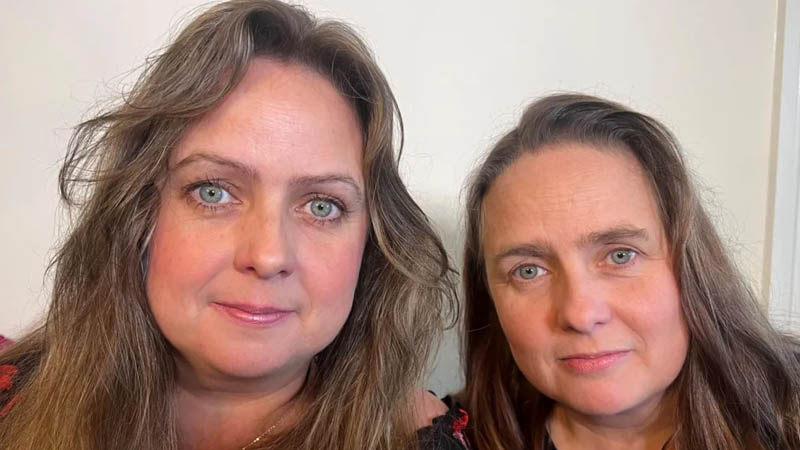Twin sisters Nicole and Farrah, both living with acute heart failure, are highlighting disparities in access to cardiac rehabilitation services in Northern Ireland. Although they share the same condition, they receive vastly different care due to living in different health trusts.
Nicole, who resides in the Southern Trust, has benefited from cardiac rehabilitation, which she describes as “life-changing.” Diagnosed in January 2022 after struggling with breathlessness, Nicole says, “It has given me my life back. It has given me my confidence back.” Her rehab includes supervised exercise, pacing strategies, and emotional support, according to BBC.
Farrah, diagnosed two months later in the Northern Trust, has not received the same support. “Cardiac rehab was not offered to me,” she said. Despite advocating for her care, Farrah has been left without the specialist guidance she needs. She fears pushing herself too hard or not enough due to a lack of professional supervision, adding, “I’m scared to go to sleep in case I don’t wake up again.”
The disparity stems from differing eligibility criteria across trusts. While the Southern and South Eastern Trusts offer cardiac rehabilitation to all heart failure patients, the Northern Trust provides it only to those who have experienced an ischaemic event, such as a heart attack.
The Northern Trust acknowledged “significant demands” on their heart failure nurse clinic and stated that strategies have been implemented to reduce waiting lists. However, Farrah remains without access to the care that has transformed her sister’s quality of life.
The Department of Health in Northern Ireland recognizes the importance of equitable access to cardiac rehabilitation. It is consulting with stakeholders to address unmet needs and develop long-term solutions. Dr. Patricia Campbell, Northern Ireland’s lead for heart failure, emphasized the effectiveness of cardiac rehab, stating, “It is as effective as any medicines when helping patients with the condition.”
Heart failure affects approximately 22,000 people in Northern Ireland, with many likely undiagnosed. Dr. Campbell urges anyone experiencing symptoms such as breathlessness, fatigue, or fluid retention to consult their GP for a simple blood test (BNP).
The sisters are calling for a regional approach to ensure all patients with heart failure receive consistent, high-quality care. Farrah hopes for changes that will allow her and others in similar situations to access the same life-changing services as her twin. “We need better awareness and continuity of care for heart failure patients,” she said.



